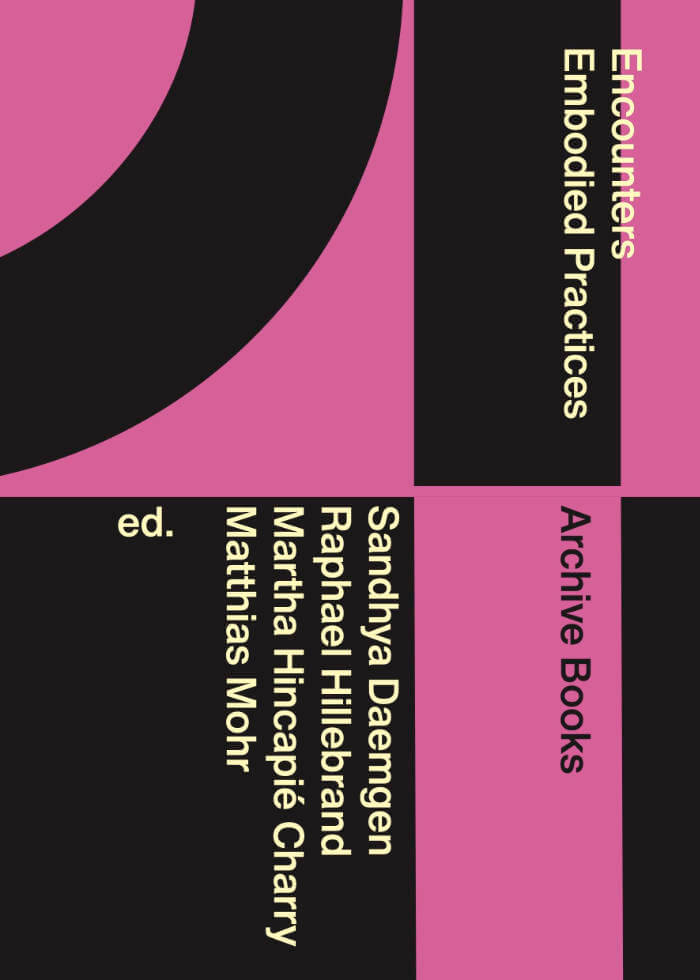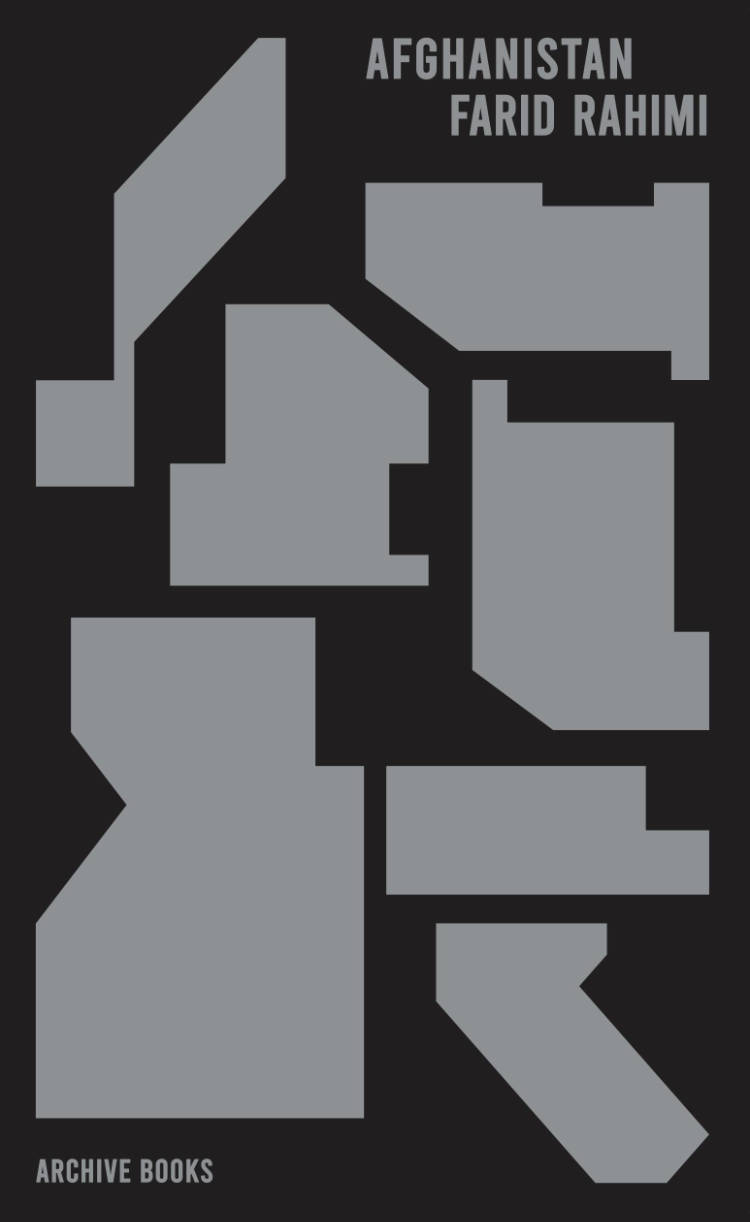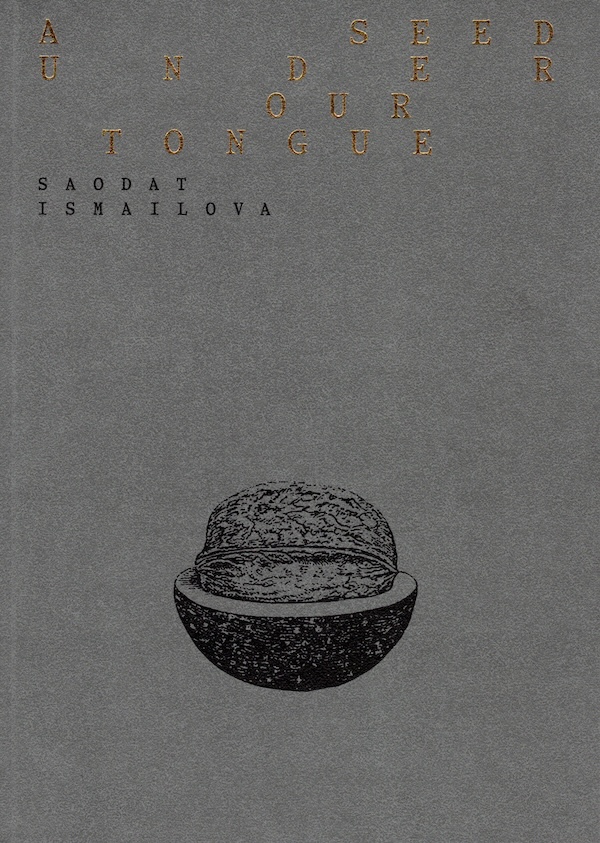
Where is Cinema
This book is compiled of portraits of film initiatives from around the world, interwoven with conversations with adventurers who have rebooted movie theatres or built them up from the ground in the hope that it can be an inspiring compendium for future cinema builders, filmmakers, film curators and film lovers.
Anouk De Clercq in conversation with Verena von Stackelberg, Ana López Ortego and Daniel Bejarano, Ilona Jurkonytė and Ugnė Marija Andrijauskaitė, Adam Pugh, Thomas Liu and Silja Espolin Johnson, Erika Balsom, Beatrice Gibson, María Palacios Cruz and Ben Rivers, Heather Lane and Mia Ferm.
The author is an artist and filmmaker based in Brussels and Berlin. In her work, she explores the potential of audiovisual language to create possible worlds. She is affiliated as an artistic researcher to the School of Arts University College Ghent, and a founding member of Cinema Nova, Monokino and Auguste Orts.
Language: English







